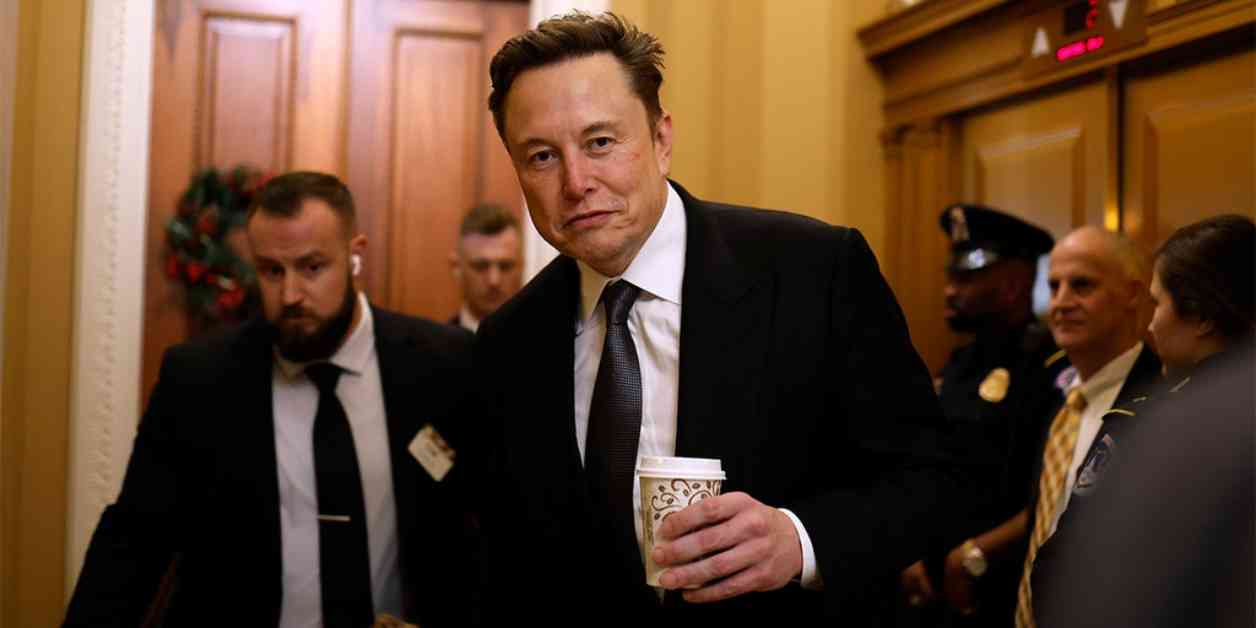The Impact of Government Spending on Contractual Services and Supplies
Government spending on contractual services and supplies has been a hot topic lately, with over $1.1 trillion allocated to deals negotiated by the federal government for hiring contractors. This significant investment is the second-largest spending group for the government, showing a 19% increase from five years ago. But what does this mean for taxpayers and the efficiency of government operations? Let’s delve deeper into this complex issue and explore the implications of these financial decisions.
The Role of Commercial Companies in Government Contracts
Contracting commercial companies for government goods and services has a long history dating back to the late 1700s. Over time, laws have evolved to streamline the contracting process and ensure fair competition among vendors. However, concerns about overbilling and excessive charges have plagued the system, leading to calls for increased transparency and accountability in government spending.
Horacio Rozanski, CEO of Booz Allen Hamilton, one of the largest government contractors, emphasized the importance of outcome-based contracting to ensure that the government receives value for money. The push for efficiency and effectiveness in government operations is essential to meet the needs of clients and taxpayers alike. While some contractors have faced scrutiny for improper billing practices, efforts are underway to reform the system and enhance accountability.
The Challenges and Opportunities Ahead
As the Department of Defense continues to be a major player in government contracting, questions arise about the need for streamlining negotiations and reducing bureaucratic hurdles. While some small businesses express concerns about potential impacts on their work, others see opportunities for innovation and growth under the new government initiatives.
Dave Barnhart, co-founder of Arkisys, highlighted the importance of efficiency and innovation in the contracting process, especially in emerging sectors like space technology. By leveraging existing technologies and fostering a culture of innovation, government contractors can deliver cutting-edge solutions to meet the evolving demands of federal agencies.
Abbas Haider, co-founder of Aspetto, shared his perspective on the challenges of securing government funding and the need for faster decision-making processes. By taking risks and investing in their ideas, small businesses like Aspetto have found success in selling innovative products to government agencies. This proactive approach to entrepreneurship underscores the importance of agility and adaptability in the competitive government contracting landscape.
Looking Ahead: The Future of Government Contracting
As government spending on contractual services and supplies continues to grow, the focus remains on driving efficiency, accountability, and innovation in the contracting process. With the right incentives and a commitment to collaboration between the public and private sectors, there is a significant opportunity to improve the effectiveness of government operations and deliver better outcomes for all stakeholders. As we navigate the complexities of government contracting, one thing is clear: change is on the horizon, and it’s up to us to embrace it and shape a more transparent and efficient future for government spending.

